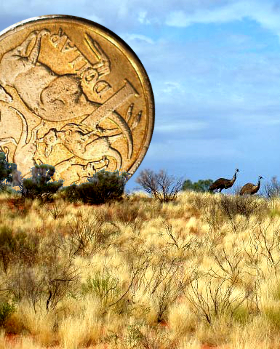Land sale targets revealed
 Government departments in NSW appear to have KPIs on public land sales.
Government departments in NSW appear to have KPIs on public land sales.
Reports this week suggest government departments are being pushed to generate income from “surplus” public assets with specific land sales targets.
NSW Treasury figures faced a Budget Estimates session this week in which they revealed that key performance indicators (KPIs) are set for government agencies to sell off land.
The requirement appears to be working, with the NSW Government having sold $23 billion worth of public land since 2011. It offloaded $627 million in taxpayer-owned land in the last financial year alone.
NSW Treasury secretary Michael Pratt told the committee said; “Those targets are expected to be delivered upon to meet budget requirements”.
“Each cluster - or agency within that - will have specific targets for them to achieve
with land sales.
“When the budget is set part of the attainment of that budget is a certain number of land sales, which is agreed with each cluster.”
Even though budgets may depend on successful sales, Mr Pratt said it is up to departments themselves to determine “whether holding the land for 10, 20 or 30 years is better value rather than recycling the asset and then paying for the land as and when you require at that time”.
NSW Land and Housing Corporation leads the tally, having sold off $6.628 billion worth of property to private ownership in the last ten years.
Landcom has sold property worth $4.767 billion, the NSW Planning Department has made $3 billion off land sales, Property NSW has brought in $1.2 billion and the Sydney Olympic Park Authority, $1.393 billion.
Shadow Treasurer Walt Secord has described the NSW Government as “Australia’s largest property developer”.
“It is extraordinary that the government has annual targets to sell public land,” he told reporters.
“It is shortsighted, they are selling off land where they could build vital services like schools and hospital, but they sell off the land and in the long term they then need to compulsorily acquire land.”
A NSW Treasury spokesperson said the practice is “not unusual”.
“The specific assets identified for sale are selected on the basis that they are surplus to requirements and no longer needed,” the Treasury said.
“The Government is also an active purchaser of property assets and acquires new property on a regular basis to support the changing needs of NSW communities.”







 Print
Print